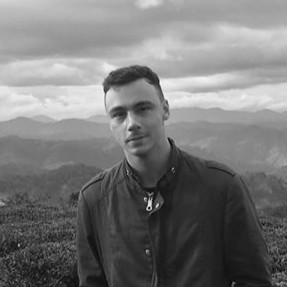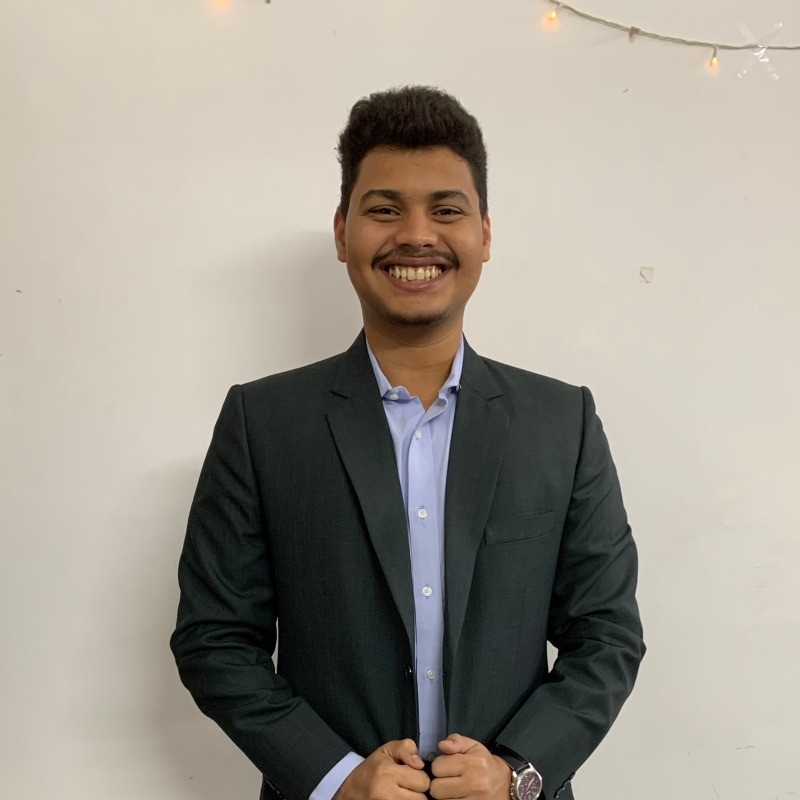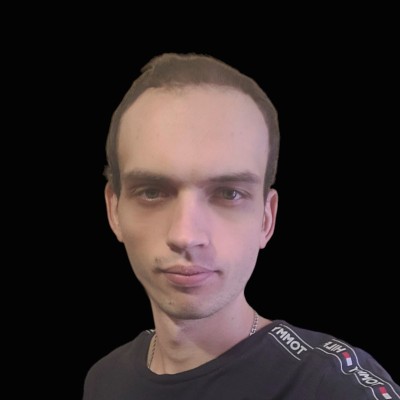The September Labs Team



We build neural speech hardware
to help patients speak with their thoughts
Neurodegenerative diseases, brain injury, and other conditions rob our loved ones of their innate ability to communicate. It's been over a hundred years since electrodes first recorded brain signals, yet a non-invasive neural speech prosthesis is still out of reach with today's hardware. Meanwhile, software has caught up, but the data is barely there. September Labs is bridging the gap between thoughts and speech by following three core practices:
We're building affordable, research-grade, biosignal recording hardware at 5-10x lower cost than similar systems. This helps scale data collection efforts across hundreds and even thousands of participants.
Brain foundation models need large amounts of data to generalize across patients. Our work focuses on gathering speech production data to train models geared towards decoding thoughts - data in extremely short supply.
Preprocessing and denoising collected data is a crucial part of our workflow. Because our systems are non-invasive software does a lot of heavy lifting to separate true signals from noise.
The data collected on September Labs boards is used to train EEG foundation models. These are then run on an intermediary device - like a phone or tablet - or in the cloud, to decode attempted speech in real time. This is output in the form of text or synthetic speech, providing a voice to patients who have lost the ability to communicate
After we built our S8Lv0 board, we got a first-hand lesson in everything that can go wrong in a hardware prototype. We analyzed every issue, worked with engineering and BCI experts, and designed our first commercially ready EEG board, the S8Lv1.
A closer look at the components of the newest EEG board from September Labs. Our goal is to continue to improve our hardware at a rapid pace while maintaining ultra-low prices.
| Specification | S8Lv1 | OpenBCI Cyton + Daisy |
|---|---|---|
| Number of Channels | 16 channels | 16 channels |
| ADC Chip | 2× ADS1299 | 2× ADS1299 |
| Bit Resolution | 24-bit | 24-bit |
| Programmable Gain | 1, 2, 4, 6, 8, 12, 24 | 1, 2, 4, 6, 8, 12, 24 |
| Sampling Rate | 250 Hz | 125 Hz (16ch) |
| Wireless Connectivity | WiFi + Bluetooth (ESP32-S3) |
Bluetooth LE (RFDuino) |
| Power Management | Advanced battery management (BQ25185 + precision regulators) |
Basic battery support |
| USB Interface | USB-C | Micro USB |
| Form Factor | Integrated single board | Stacked boards |
| Price | $499 | $2,499 |
Researchers are used to training large language models with trillions of words, and speech recognition models with millions of hours of audio. But models that attempt to decode our neural speech signals are trained on dozens of hours - max. This is why we're Collecting Signals.
Collecting all this data requires affordable, research-grade hardware and hundreds, if not thousands, of participants. This is why we're Building Boards.
With the hardware, and the data, we're able to train large foundation models that can map our thoughts to parts of speech, across different patients. This is why we're Decoding Thoughts.
We're decoding thoughts to help patients communicate again with their loved ones, and regain an innate ability that was unfairly taken away from them.


